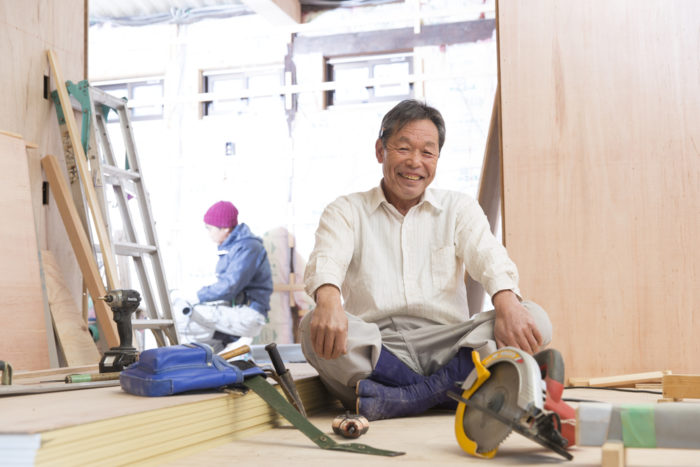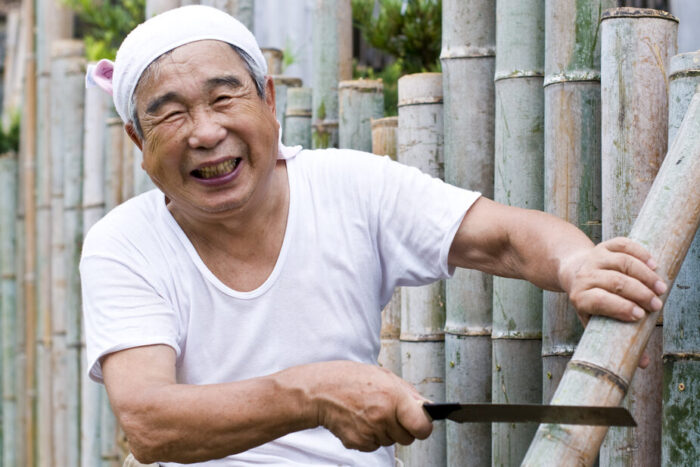
Last Updated: 02 Jul 2021 (Video) So, What is Karoshi Actually?
Matsuri Takahashi was a typical Japanese office worker, working at the ad agency Dentsu. Like many other salary workers, it was expected of her to fully commit herself, mentally and physically, to her company. She never complained about her demanding work, even after logging 105 hours overtime in a single month. On Christmas Day 2015 she took her own life at 24 years old. It was announced that she was yet another victim of Karoshi.
So, what is Karoshi actually?
Karoshi simply means ‘Death by overwork’. This can be a sudden stress-induced heart attack or stroke, but, in cases like Matsuri Takahashi’s, Karoshi also refers to any suicides resulting from overwork. These cases of suicide are called ‘Karojisatsu’.
The problem of overwork, or ‘burnout’ as it might be called in the West, is global. Some South East Asian countries have equivalent terms for death by overwork, but for Japan, Karoshi is a constant threat in the workplace and has been for some time.
The first death attributed to Karoshi is the 1969 case of a 29-year-old male worker at a newspaper company who died suddenly of a stroke at work. Over the following years there were more and more reports of sudden occupational mortality, as it was called, until the word ‘Karoshi’ started to gain usage. A book on the subject was published in 1982.
Throughout the bubble economy and into the 90’s, the Karoshi issue became public knowledge after several high-standing executives died suddenly, without any prior signs of illness. Government ministries began to take notice, publishing statistics on overwork in Japan. In 1988 a Karoshi hotline was established and received over 1,800 calls in just two years.
Despite Karoshi being in the public sphere of knowledge for decades, it was only recently that the Japanese government had started to crack down on excessively long overtime hours, one of the main causes of Karoshi. It was likely that the widely reported tragic death of Matsuri Takahashi, as well as other similar cases, put enough pressure on the government to step in and do something about this social issue. The government now advises companies to turn their lights out at 10pm to encourage workers to not stay up late at the office, the ‘Premium Friday’ campaign asks companies to let employees go home early on the last Friday of each month, and a work reform bill sets the maximum amount of overtime at 45 hours a month.
These attempts to lessen the rate of Karoshi have been criticised. 45 hours overtime still puts individuals at risk of Karoshi. Many companies are reluctant to enforce any rules that cut down employees’ work time, even if it has been shown that working longer hours does not mean that an equal amount of work will get done. Employees may not even want to leave early as this might be seen as shameful and that you’re letting the team down.
Karoshi is a dark symptom of the traditional salaryman job path, which is becoming less and less desirable for Japanese youths. The number of young part-time workers has increased, as well as the number of those not in employment, education, or training. This might be an indication that more and more people are put off by the working conditions and aren’t willing to commit themselves to a normal working day. With increasing public awareness of the importance of mental health in the workplace, companies and managers may improve their human resources departments. Introducing improvements such as creating detailed job descriptions, measuring performance in ways other than number of hours, and regular mental health checks for employees. In the future, Karoshi may only be an occurrence of the past. But for now, we know it’s not something that will go away if we ignore it.
You can sign up to our monthly newsletter for free and receive a variety of materials all about Japanese business. Subscribe to our YouTube channel for future videos in this series on Japanese business words.
Related articles
Purpose should come from within, but also from outside Japan HQ
Recently an HR director for a Japanese financial services company in Europe told me that he had been
(Video) So, What is Monozukuri Actually?
Monozukuri is one of those well-known and often used Japanese words among people from outside of Jap
(Video) So, What is Ikigai Actually?
Ikigai - The Japanese word for the goal that gets you going - is often misunderstood by non-Japanese




